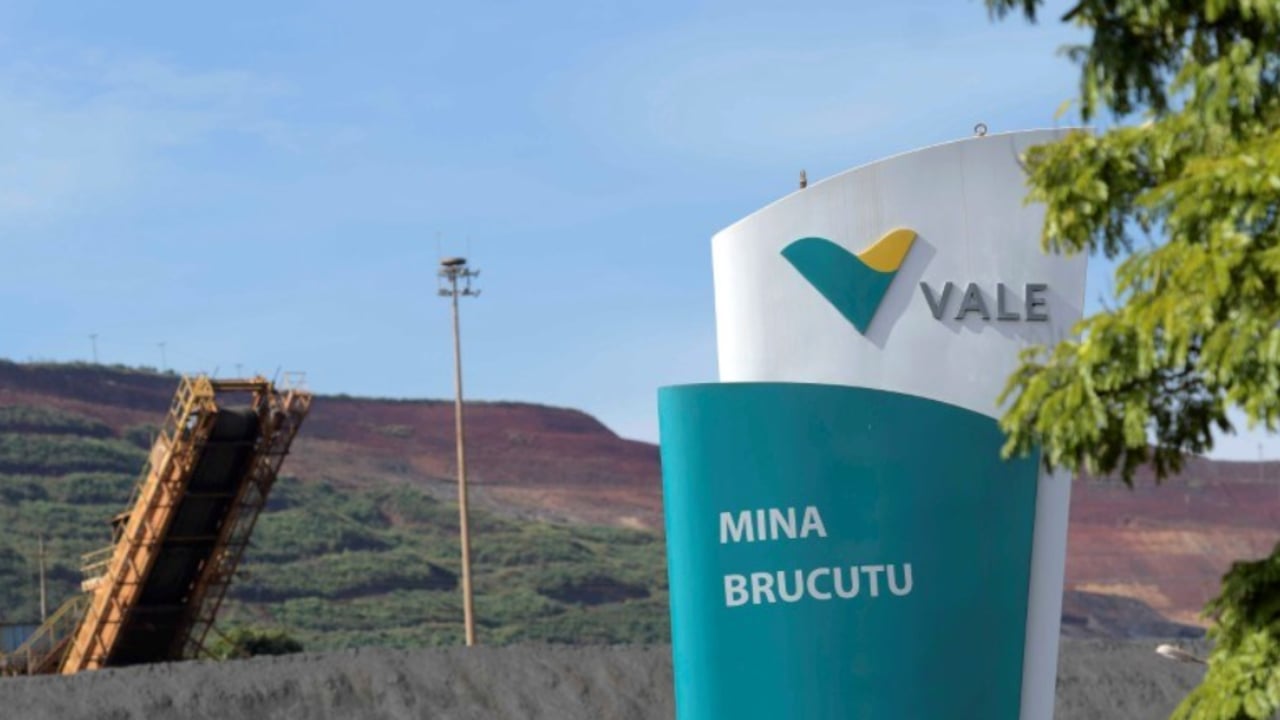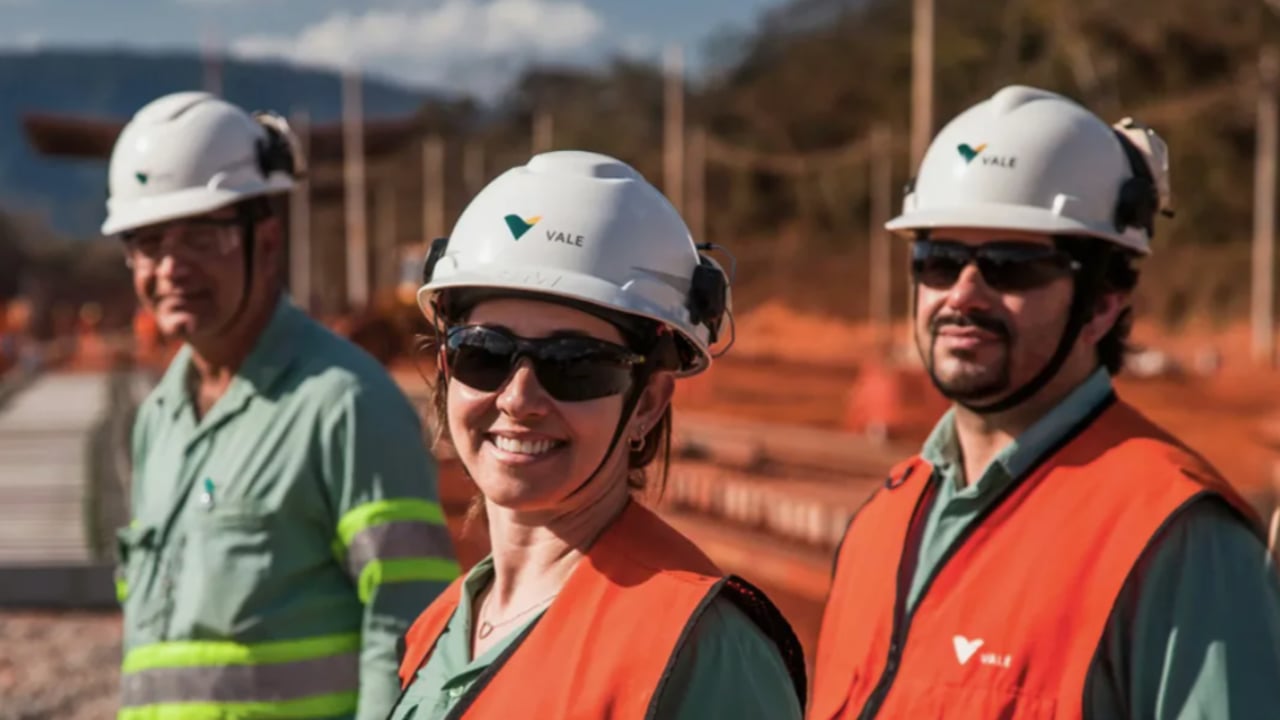Vale Reports Loss Amid Asset Impairments in Canada A Challenging Quarter for the Mining Giant
Brazilian mining giant Vale $VALE, internationally recognized as one of the largest iron ore producers, has revealed its financial results that highlight a daunting setback. The company reported a substantial quarterly net loss due to significant asset impairments in Canada, a move that has reshaped its financial standing and raised concerns among investors and analysts alike.
Impairments in Canada Key Drivers of Vale’s Losses

First factor Nickel operations in Thompson
One of the primary reasons for Vale's disappointing performance was a $1.4 billion asset impairment related to its nickel mining operations in Thompson, Canada. This figure starkly underlines the challenges the company faced in fulfilling earlier expectations of more favorable outcomes.
Second factor Voisey’s Bay expansion project
In addition to issues in Thompson, Vale encountered losses amounting to $540 million due to its expansion project at the Voisey’s Bay mine in Canada. This development underscores the risks attached to large-scale investment ventures in the mining sector.
Financial Adjustments Dividends and Buybacks to Manage Investor Confidence
In response to these setbacks, Vale announced a reduction in its planned expenditures for the year while also declaring dividend payouts and share buybacks. The company aims to maintain investor trust and stabilize its stock performance amid continued financial turbulence.

Quarterly results fall short of expectations
The company’s quarterly net loss of $694 million starkly contrasted with the projected $1.95 billion profit analysts expected. This was a stark deviation from the $2.4 billion net profit Vale had recorded in the same period a year earlier.
EBITDA under pressure
Vale’s adjusted EBITDA for the quarter stood at $3.79 billion, 41% lower than the $3.96 billion forecasted by analysts. This decline highlights the broader financial pressures facing the company.
Conclusion
Vale’s quarterly losses serve as a cautionary tale for the mining industry, reflecting the volatile nature of large-scale projects and asset management. The impairments of its Canadian operations have underscored the need for more adaptive strategies amid changing market conditions. Moving forward, the company’s ability to navigate these challenges will determine its long-term stability and investor confidence.















Comments